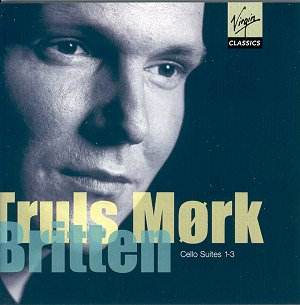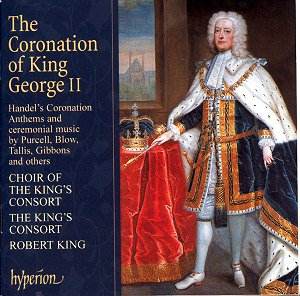 Composer: Michael Mention (1714-1788)
Composer: Michael Mention (1714-1788)
Works: Fantaisie Impressions 1 – 3; Libidineuses 1 & 2; Sonatine; Ballade; Etudes 1 – 3; Sonata No. 2
Performers: Michael Mention, piano
Recording: PRODigital PRO – 4652 (recorded 9/6/99 in Bridges Hall of Music, Claremont, California, DDD)
Label: PRODigital
Michael Mention, a French-born naturalized American composer, occupies a unique position in the landscape of contemporary piano music. His works, while often overshadowed by the giants of the classical canon, offer a refreshing perspective on the evolution of piano literature in the late 20th century. This particular recording showcases a selection of his compositions, revealing a sound world that, although modest in thematic development, is imbued with charm and a certain lyrical sensibility.
The collection begins with the “Fantaisie Impressions,” which sets the tone with its impressionistic nuances and delicate textures. Mention’s use of harmony is intriguing; while his melodic lines may not always adhere to conventional tunefulness, they exhibit a fluidity that allows for introspection. The “Libidineuses” pieces, characterized by their playful yet sometimes dissonant motifs, demonstrate Mention’s ability to blend humor with a degree of sophistication. However, the listener might find themselves yearning for more cohesive thematic material. This is not to say that his music lacks merit; the textures are often engaging, yet they may leave one pondering the absence of a truly memorable motif.
Interpretively, Mention’s performance of his own works is commendable, as it provides an authentic insight into his compositional intentions. His technique is solid, and there is a notable clarity in his articulation, particularly in the “Etudes,” where the technical demands are met with confidence. The choice to perform these works himself allows for a degree of interpretative freedom that is both enlightening and, at times, revealing of the limitations inherent in the compositions. The Sonata No. 2, the longest piece on the disc, encapsulates a myriad of emotions within its brief span, yet it does so at the risk of becoming episodic rather than cohesively unified.
The recording quality by PRODigital, under the engineering expertise of Sonny Ausman, presents a natural sound that captures the subtleties of Mention’s playing. The acoustic environment of Bridges Hall contributes to a rich aural experience, enabling listeners to appreciate the nuances of dynamics and phrasing. However, the absence of sleeve notes is a significant oversight; the lack of context for Mention’s works and his compositional philosophy leaves a void that could have enriched the listening experience.
In terms of the overall experience, the recording invites exploration rather than passive listening. The brief duration of most pieces encourages the listener to engage with them in isolation, allowing for a deeper understanding of Mention’s stylistic choices. While his music may not rival that of his more celebrated contemporaries, it is nonetheless a worthy addition to the repertoire of modern piano music. Michael Mention’s voice, though understated, possesses a certain charm that merits attention and warrants further exploration by those willing to engage with the subtleties of his craft.



